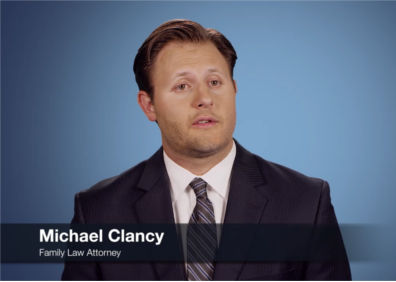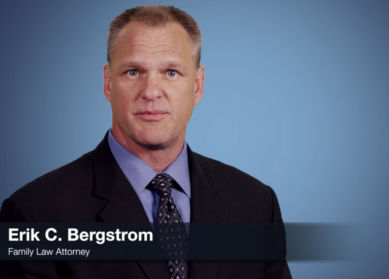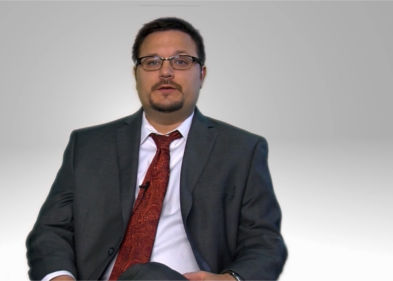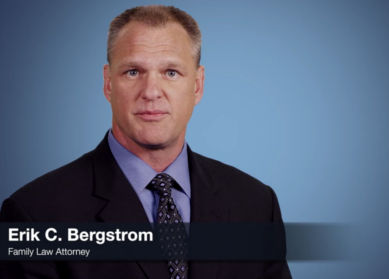Introduction
My name is Jason Castle. I’m an attorney at Jaburg Wilk, and my practice areas are family law and criminal defense.
Resolution Management Conference
A resolution management conference – often called an RMC – is one of the first times the parties will end up going to court. Most of my clients when they come in are scared of court and don’t want to go. So the RMC ends up being their first opportunity to be a party in a lawsuit, and to go to court. The RMC sounds scary as well. It is not. It is primarily just a scheduling conference.
However, it is an important step in the process towards litigation. It typically is scheduled somewhere between 45 and 60 days after the Respondent files his or her response, and the order setting the RMC will require the parties to have a settlement meeting prior to the RMC.
Settlement Meeting
During the settlement meeting, depending on where the parties are in the litigation process, some people come in already having an idea of what they want to do in order to resolve their divorce. Others do not. That’s a good time to set what are called temporary orders.
Temporary Orders
Temporary orders are the rules or the orders that will apply between that point in time and the final decree. During the RMC, you will then go to be in the court. They’ll tell the court, These are our issues. This is how long we need for trial. The court will look at its calendar, talk to the parties to find out when it’s good for them, and schedule the trial.
By: Jason Castle








